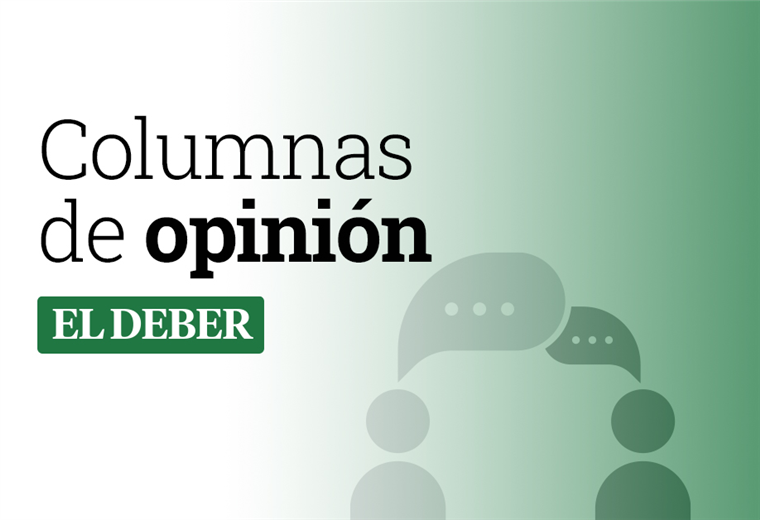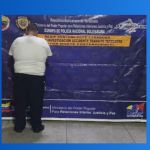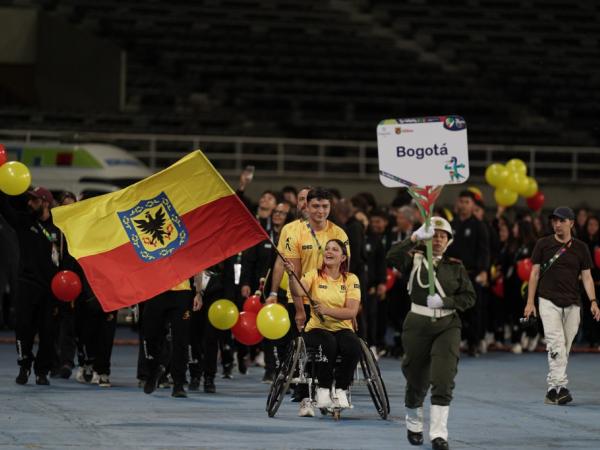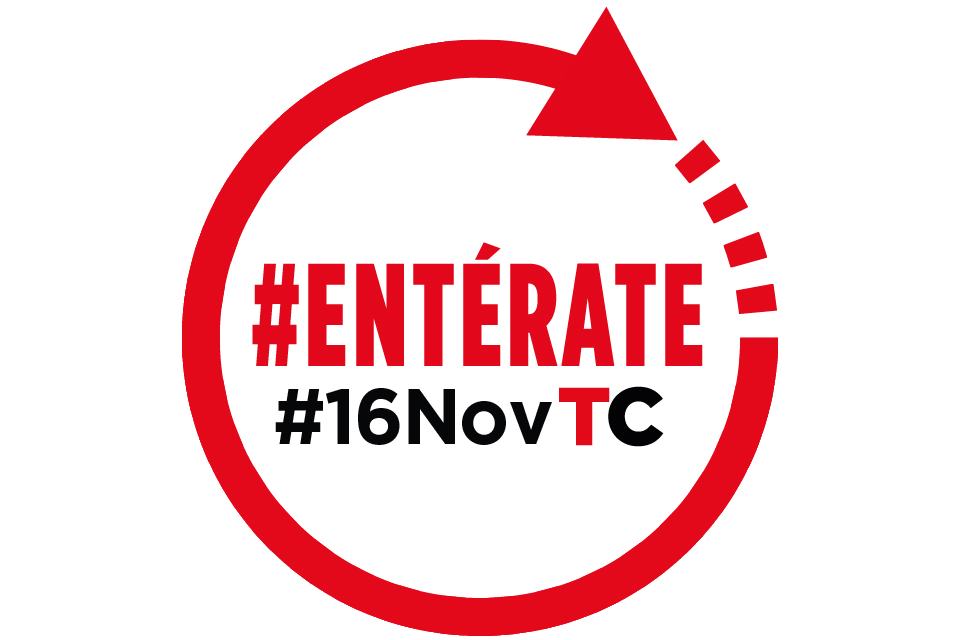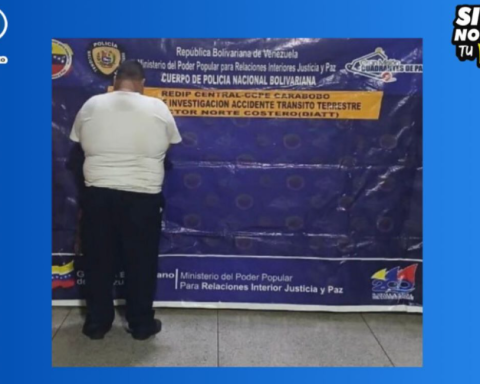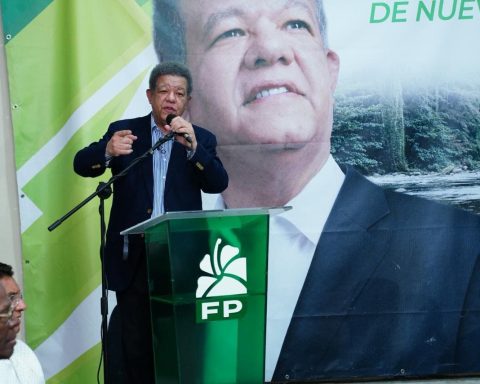November 17, 2024, 4:01 AM
November 17, 2024, 4:01 AM
Judicial Control, that is the term that, overflowing in a negative sense, has transformed Bolivian representative democracy into a barely discretionary nominality to become the governing power on which political action and intentions are based.
A disguise of constitutionality to political facts and a sentence that, calling moments constitutional, is truly one of death, since it has reduced the institutionality in this dramatic moment of defenselessness to its greatest purulence.
We are witnessing the intrusion – consented/requested – of the judiciary into the political and parliamentary sphere in an excessive and pernicious manner that has distorted the intention of establishing an imperious “control” over the absolutism of power that corrupts and abuses.
The unlimited powers that are installed in the primary anxiety of politicians destroy fundamental rights. This was how the first sense of the word constitution, which is an essentially modern term, was associated with guarantee; Later, legal positivism did its thing and distorted its meaning.
The Constitution is understood in modern States as the fundamental law where some cardinal principles are listed, necessarily essential, “parallel to a certain institutional provision, aimed at delimiting arbitrary power and ensuring a limited government,” Sartori would say.
The guarantee may be indicated by the forms adopted by the structure of the State itself or inserted in the constitution itself: rights, judicial control, separation and independence of powers, alternations in the exercise of power and others as well.
In all cases and forms, the spirit and purpose is for the societal component to remain defended from abuses of power, from breaking the first balance of social equality, which ensures that no one in society can appropriate the privilege. to command and govern unlimitedly and without prohibitions. This is the substantive and specific meaning of the term constitution.
Today the guarantee is broken, since the owners of Judicial Control have taken for themselves a power not delegated by anyone: extend their own period of functions, resolve controversial issues with subjective political spirit and a sense of purpose and, in collusion with the executive body, avoid legislative rebuttal.
It threatens, warns and simulates constitutionality while mocking democratic self-government, and exposes us, in the words of legal theory expert Jeremy Waldron, “to a supremacy that is dangerously close to judicial sovereignty, to the power of judges to create constitutive norms.” .
Since then, we have extinguished all notions and effective actions of sovereign government. Historical absurdity of a political administration with a popular name that abandons the sovereignty of its management to hand it over to judges responsible for controlling without being controlled, emancipated and superior judges in political harmony.
In the time of institutional decay, the power of the judges usurps the constituent power to the extent that they stealthily, in fact, draft the additions of a new constitution from political situations and episodes rather than from isolated constitutional guarantees.
Those who have permissively appropriated the decisional sovereignty of the State have the privilege of making decisions that affect more than eleven million Bolivians. Nine supreme leaders are more powerful than 166 legislators. The majority principle that governs them has a value greater than that established by legislative agreements and collectives.
Even though it is the result of an electoral process, its illegitimacy is noted in the TSE statistics: all of them, magistrates elected by popular will, obtained votes below null votes.
A forced election, protected in the vacuum of the electoral norm that behaves indifferent to the meaning of the “null vote and white vote”, an illegitimacy prolonged by the decision of self-extension with undisguised infinity and convenience of one of the factors of political power .
The government of the judges does harm, de/institutionalizes justice and today excludes and includes in politics as it seems best. It enables some and disqualifies others. It determines the electoral political structure and designs power while deciding its own perpetuity. A whole range of suspected actions, intertwined political and legal assistance and disgraceful resolutions that lost, in the eyes of citizens, the minimum credibility and transparency.
In Bolivia the real constitution, the paper one in the words of Ferdinand Lassalle, today is a dying body with its last breaths awaiting the end of its life; and has been replaced by authoritarian constitutionalism that only responds to the political interest and power factors of the democratic police order.
The constitution is something uncomfortable when you want to govern by talking about democracy while being deeply undemocratic.
* Jorge Richter Ramírez is a political scientist
